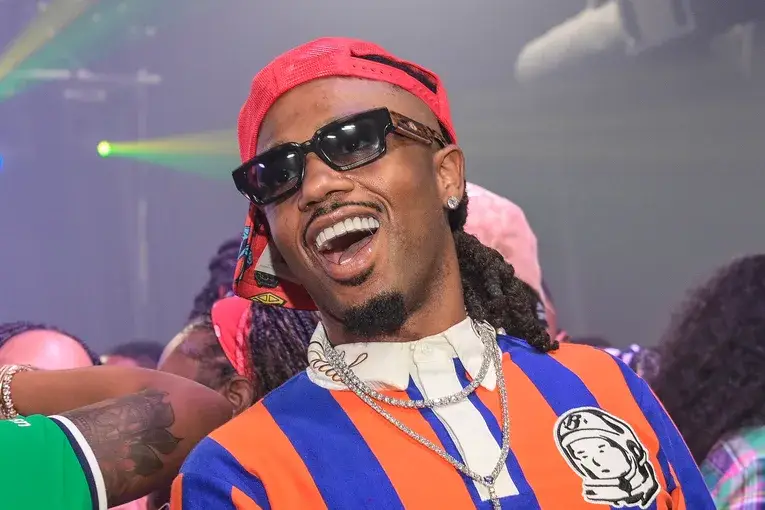METRO BOOMIN'S VINDICATION - UPDATE

This week, a Los Angeles federal jury cleared superstar producer Metro Boomin of all four counts of sexual assault and sexual battery stemming from allegations dating back to 2016. The verdict, delivered Thursday, September 25, marks a pivotal moment in a case that has shadowed one of music’s most successful hitmakers for nearly a year.
The accusations surfaced last October when Vanessa LeMaistre filed a lawsuit alleging Metro Boomin had drugged, sexually assaulted, and impregnated her in 2016. The claims ignited heated debate online, where headlines and social media commentary threatened to define the artist before any court had spoken.
By finding Metro Boomin not guilty on all counts, the jury sent a decisive message. But the case also underscores a larger reality about the precarious intersection of celebrity, reputation, and justice. In today’s climate of instant reaction, an accusation alone can upend careers and lives long before evidence is weighed in a courtroom.
Now, as 2025 draws to a close, Metro Boomin can finally exhale and return to his work with a cleared name. Whether public opinion will shift as swiftly as it formed remains to be seen. But one thing is certain: this verdict is a reminder of why due process matters—especially in an age where judgment often arrives long before the verdict

Metro Boomin’s Upcoming Trial Raises Questions About Accountability in Hip-Hop

By: S. Wilson
For the past decade, superproducer Metro Boomin has solidified himself as one of hip-hop’s most recognizable figures. His iconic producer tag — “If Young Metro don’t trust you…” — has become a cultural fixture, while collaborations with Future, 21 Savage, Drake, and The Weeknd have cemented his role as a chief architect of modern trap music.
His albums and joint projects consistently debut atop the Billboard charts, earning him Grammy nominations and a reputation as one of the most in-demand hitmakers of his generation. Because of his prominence, the upcoming trial will draw significant attention not only from legal observers but also from fans and industry figures.
The St. Louis–born producer, whose real name is Leland Wayne, is set to stand trial on September 23 in a California federal court over allegations that he raped a woman in 2016 and later referenced the incident in his music.
The plaintiff, Vanessa LeMaistre, first filed the suit accusing Wayne of sexual assault nearly a decade after the alleged incident. According to new court filings, both parties attempted to settle the matter through mediation in July, but the effort failed — clearing the way for a full trial. The case not only raises questions about Metro Boomin’s personal accountability but also adds fuel to a broader conversation about misogyny, exploitation, and unresolved allegations within the hip-hop industry.
Metro Boomin has built a career on being one of the most in-demand producers of his generation, lauded for hits that dominate radio and streaming charts. Yet, this lawsuit threatens to test how fans, collaborators, and the music industry at large respond when an artist of his caliber is directly confronted with serious allegations in a court of law.
Historically, the music business has shown a pattern of protecting its stars, even when allegations of abuse or misconduct surface. The trial against Wayne will therefore be watched closely, not only for its legal outcome but for what it reveals about an industry still reckoning with its complicity in shielding powerful men.
It’s important to note that a lawsuit is not a criminal conviction, and Wayne maintains his innocence. Still, the decision to bring the matter before a jury ensures that details of the case — including the disturbing claim that he transformed a traumatic experience into art will now be publicly aired. For Metro Boomin, the trial represents more than a legal hurdle; it’s a moment that could reshape his legacy.
As the September 23 trial date approaches, the world will be watching — not just to see how justice plays out for Vanessa LeMaistre, but to see whether the music industry can confront the dark intersections of artistry, fame, and alleged abuse with honesty and accountability.
The upcoming trial will put another one of hip-hop’s most influential figures under legal scrutiny, marking a rare moment when an industry heavyweight faces such accusations in court



